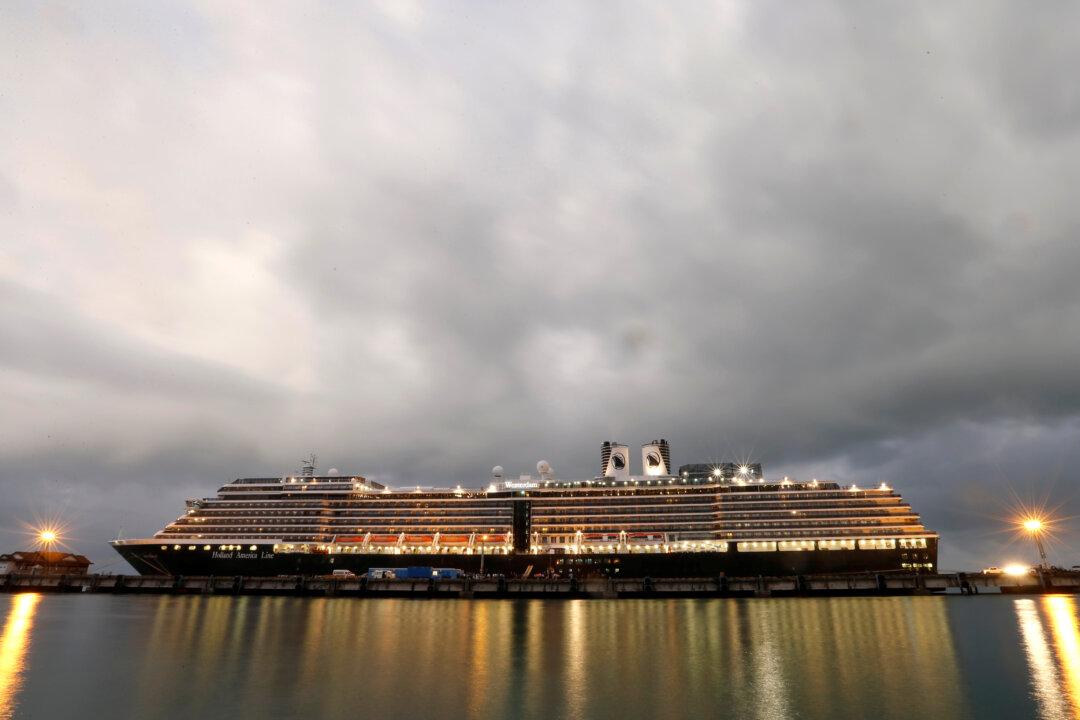NEW YORK/BENGALURU—The rapid spread of the coronavirus disease is taking a toll on the $46 billion global ocean cruise industry.
Dominated by three U.S.-listed companies, Carnival Corp., Royal Caribbean Cruises Ltd., and Norwegian Cruise Line Holdings, the industry is under sharp scrutiny following the virus outbreak that has left one ship quarantined in Asia.





